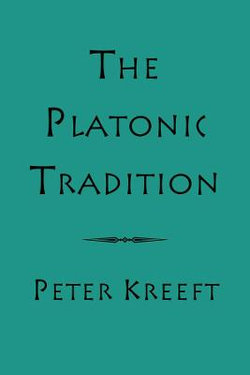The next three lectures explore the consequences of the modern abandoning of Platonism, beginning with William of Ockham's Nominalism, as the source of nearly all modern philosophical errors, and its results in the Empiricism of Locke and Hume, the so-called Copernican Revolution in philosophy in Kant, the so-called "analytic philosophy," which still dominates English and American philosophy departments. In the sixth essays, Kreeft looks at 13 influential kinds of positivism or reductionism in modern thought: in method, history, metaphysics, epistemology, ethics, sociology, politics, logics, linguistics, sex, psychology, and theology, exemplified by Descartes, Machiavelli, Hobbes, Marx, Kant, Comte, Rousseau, Rawls, Ayer, Derrida, Freud, Skimmer, Nietzsche, and Sartre. Lecture 7 looks at the results of abandoning the Platonic tradition in ethics, the values vacuum, or nihilism, in Ecclesiastes, Pascal, Kierkegaard, Nietzsche, Heidegger, Sartre, Dostoyevsky, Tolstoi, Marcel, and Buber. In the last lecture, Kreeft looks at some experiential evidence for Platonism, doors out of the cave that are still open, signals of transcendence.




Share This Book: